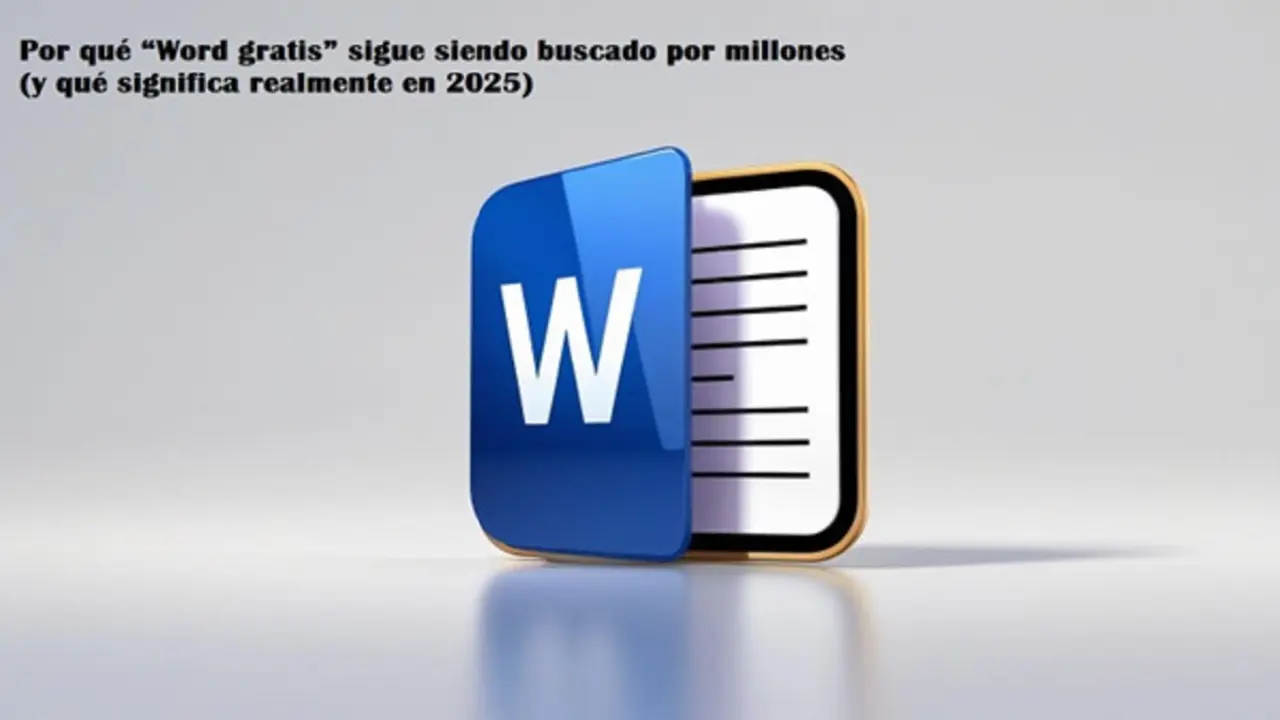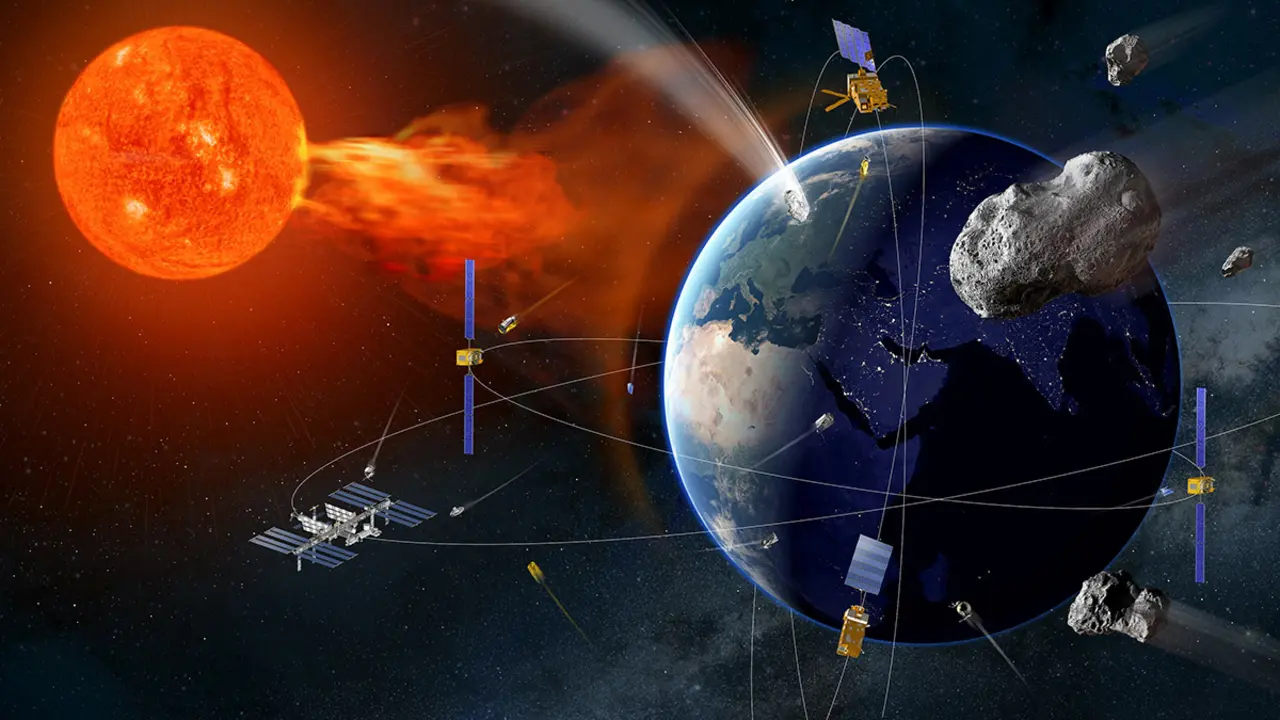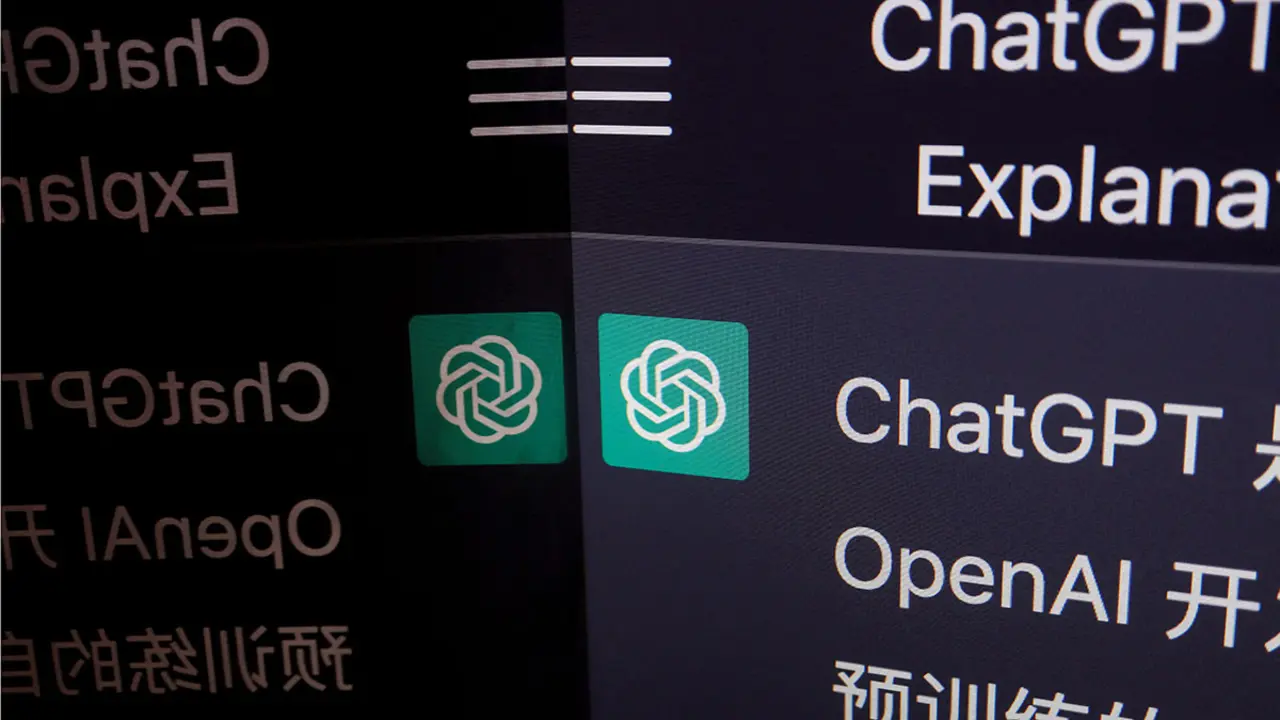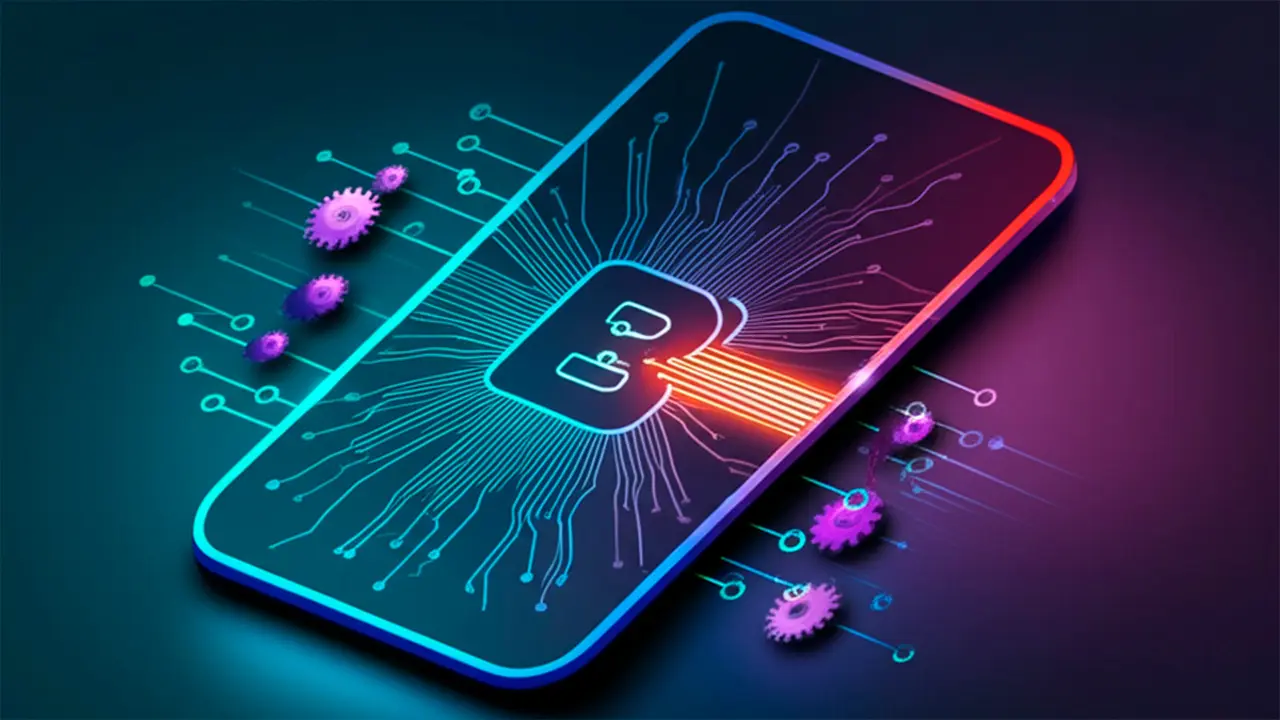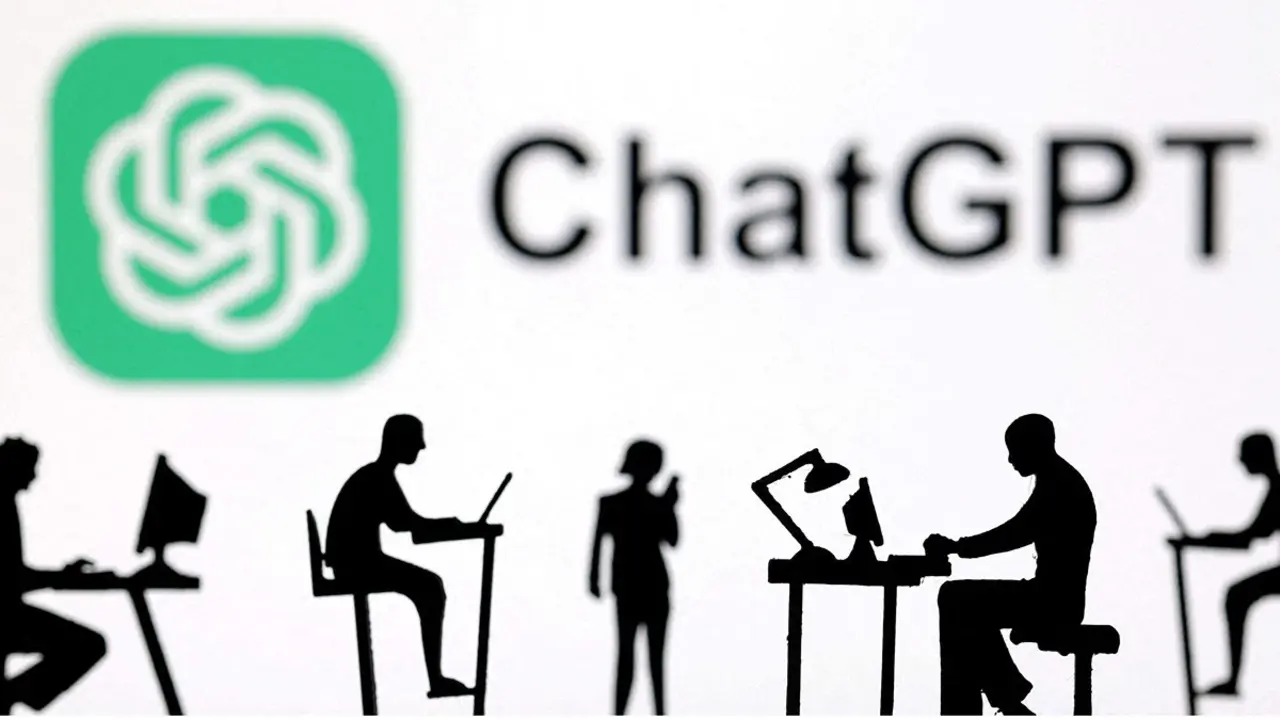Morocco is the second country in the world in the use of ChatGPT
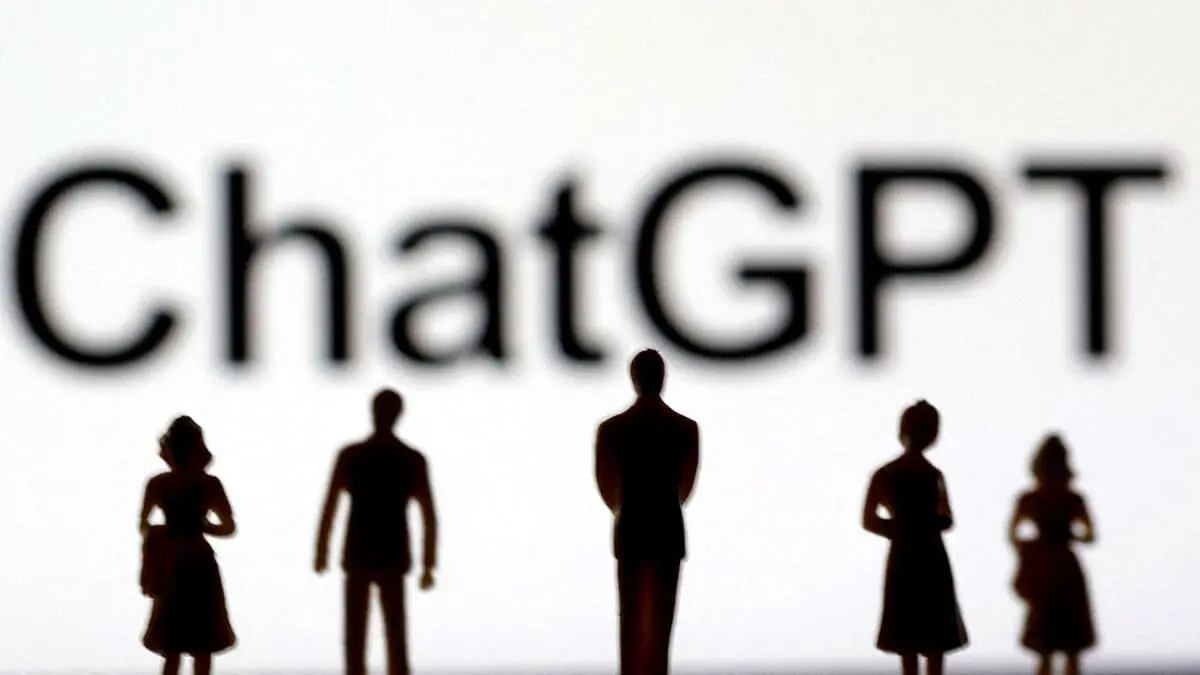
Morocco is the second country in the world in the use of the artificial intelligence tool ChatGPT. According to the recent survey conducted by The Boston Consulting Group (BCG), Morocco is at the forefront of ChatGPT use, ahead of countries such as the United States and China and regions such as the European Union.
Only behind the technological giant India, the North African country is at the forefront of the use of these new sciences, which, according to the report, is transforming the education sector.
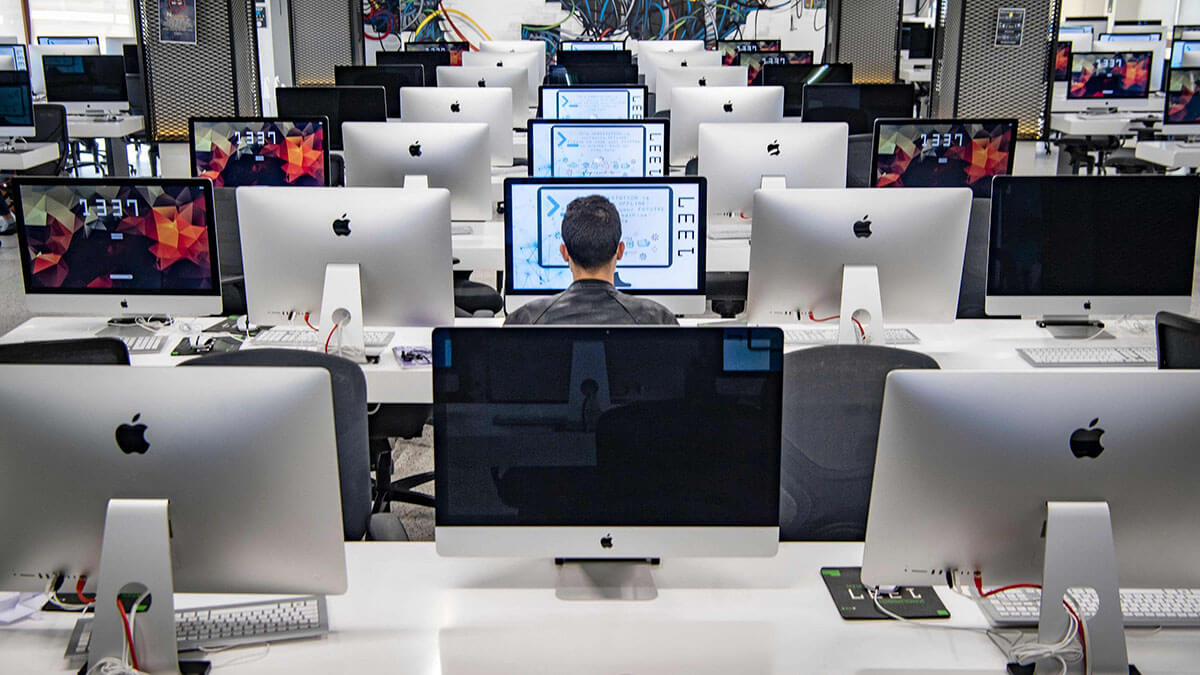
Both the knowledge of the tool (8 out of 10 Moroccans know about it) and the percentage of use (38% use it daily) show the path towards which Moroccan society is heading. Other data provided is the percentage of feelings around the use of the application: satisfaction (44%), concern (22%) and conflict (34%).
The right understanding coupled with the myriad possibilities offered by ChatGPT can drive creativity, progress in myriad fields and innovation, from product and service development to education.
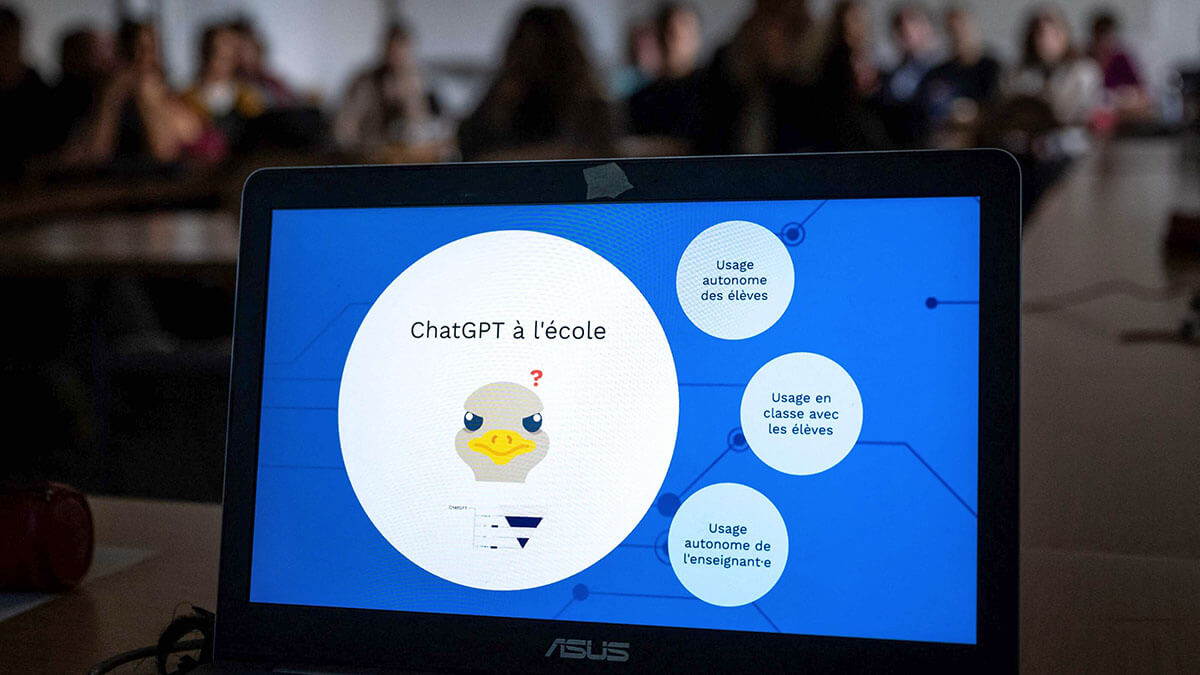
This level of engagement gives Morocco a global leadership that underlines the country's strong commitment to the implementation of new technologies.
Spotify took about 150 days to reach one million users. Instagram, about 75 days. ChatGPT? Only five days’, Boston Consulting Group
The adoption rate in the country is one of the most developed trends in the report. Specifically, they point out that the Alawi nation is extremely digitally literate, which makes it easier to adapt to its use.
In Morocco, where the average age is relatively low, this tech-savvy population is increasingly incorporating artificial intelligence (AI) tools into daily life, using them for a variety of tasks, from academic research to personal productivity and even virtual assistants.
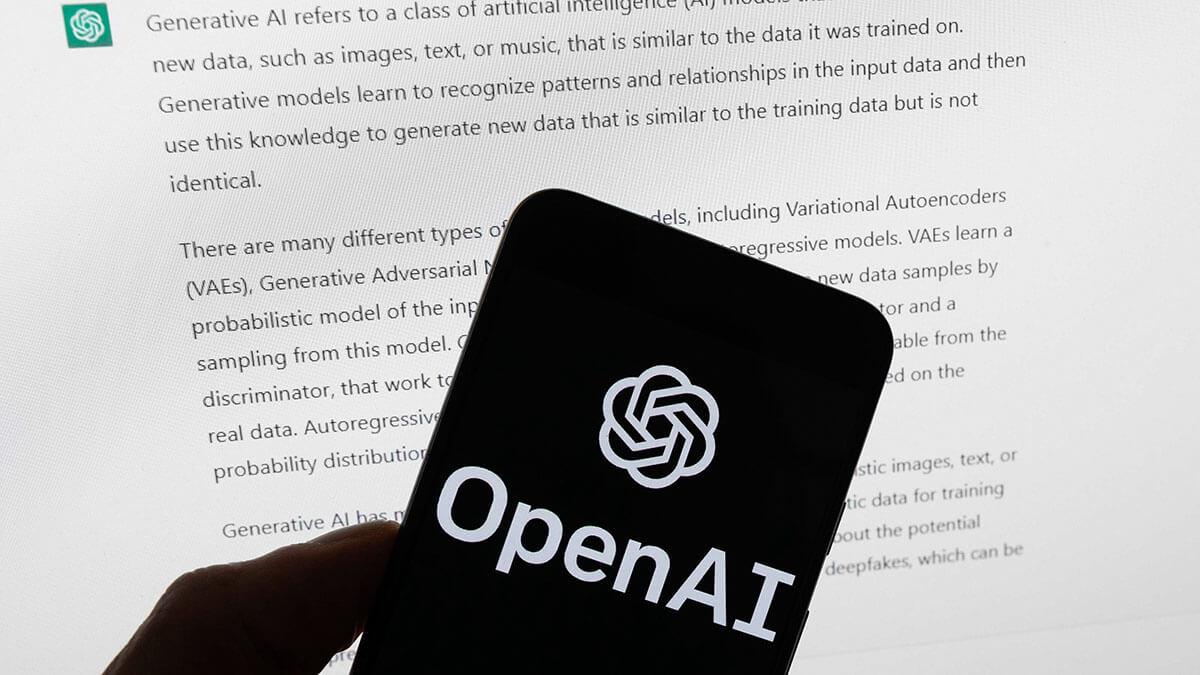
Tool popularity is measured in terms of CCC (Comfort, Convenience and Customisation) which are the parameters that make AI tools effective and appealing to users. The study reveals that more than 60% of Moroccan users who use ChatGPT prioritise searching for information in the tool more than in internet search engines.
ChatGPT is a tool that generates a greater sense of user satisfaction the longer it is used.
Due to the trend in the use of ChatGPT, the debate on the impact of artificial intelligences on employment is one of the main topics of interest in the working committees of the Moroccan government. Legislation around these tools is, worldwide, confusing due to the speed at which they are advancing and the infinite possibilities they encompass.
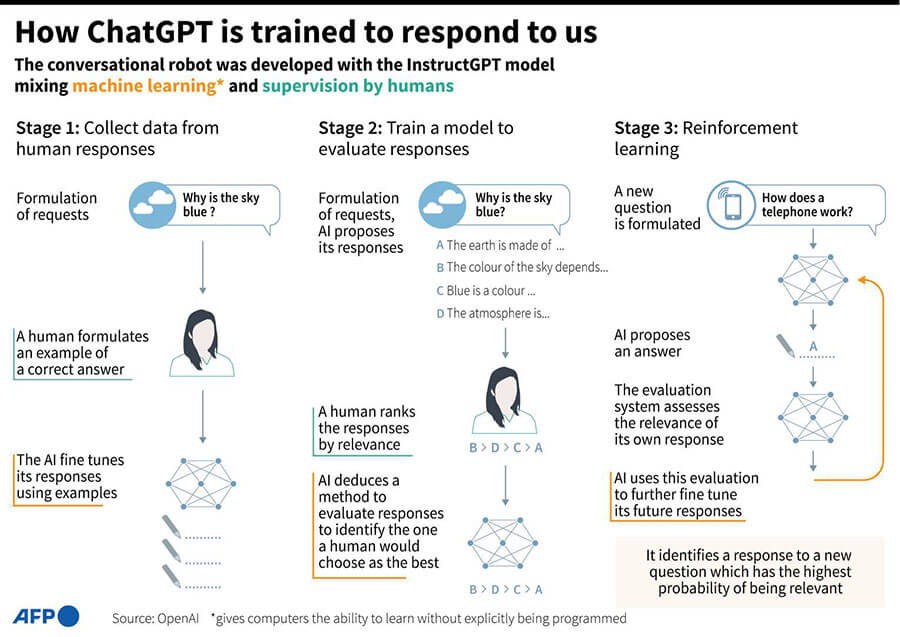
This has led to growing concerns about potential job losses, especially in sectors where automation could replace human labour. However, the benefits of artificial intelligence remain compelling.
In education, 60% of respondents worldwide believe that artificial intelligence will play a key role in education. This sentiment can be shared by Morocco, where the sector is using artificial intelligence to provide personalised learning and improve access to high-quality education.
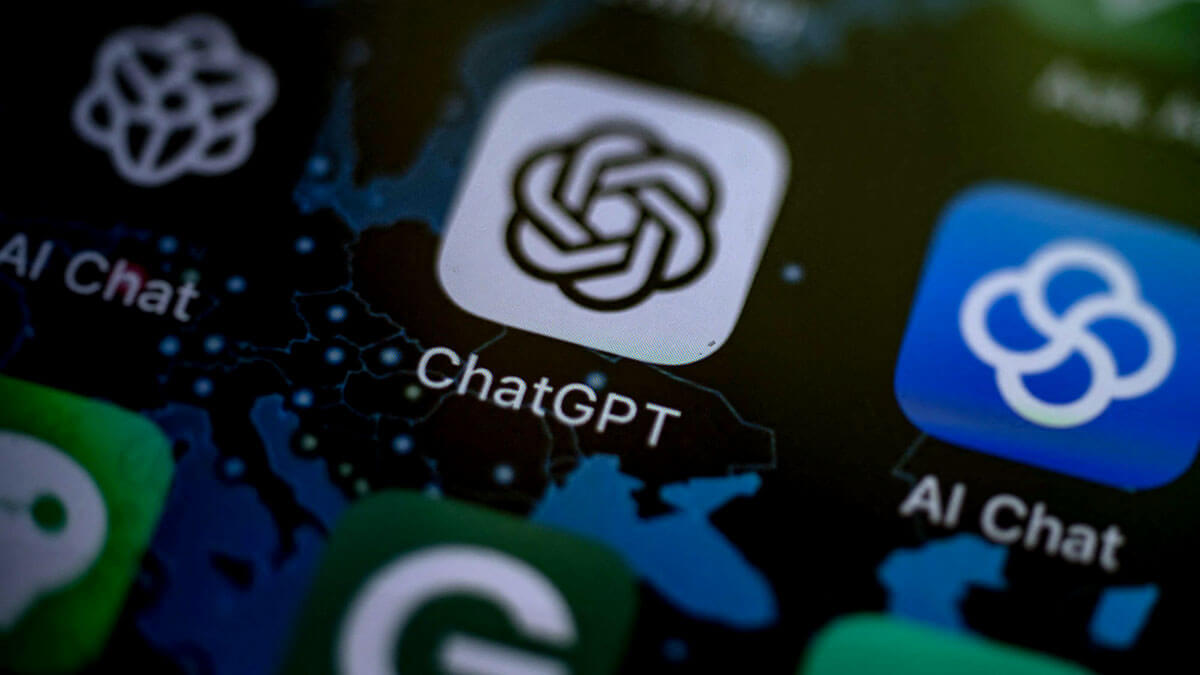
In this sense, artificial intelligence can be seen as a tool that can help improve education in Morocco rather than replace teachers.
Examples of the use of artificial intelligence in the education sector in Morocco include the use of chatbots to assist students, data analysis to identify learning patterns and the development of accessible learning materials.
One of the centres where this use is most widely employed and encouraged is the 1337 Information Technology Training Centre in the city of Khouribga in central Morocco.
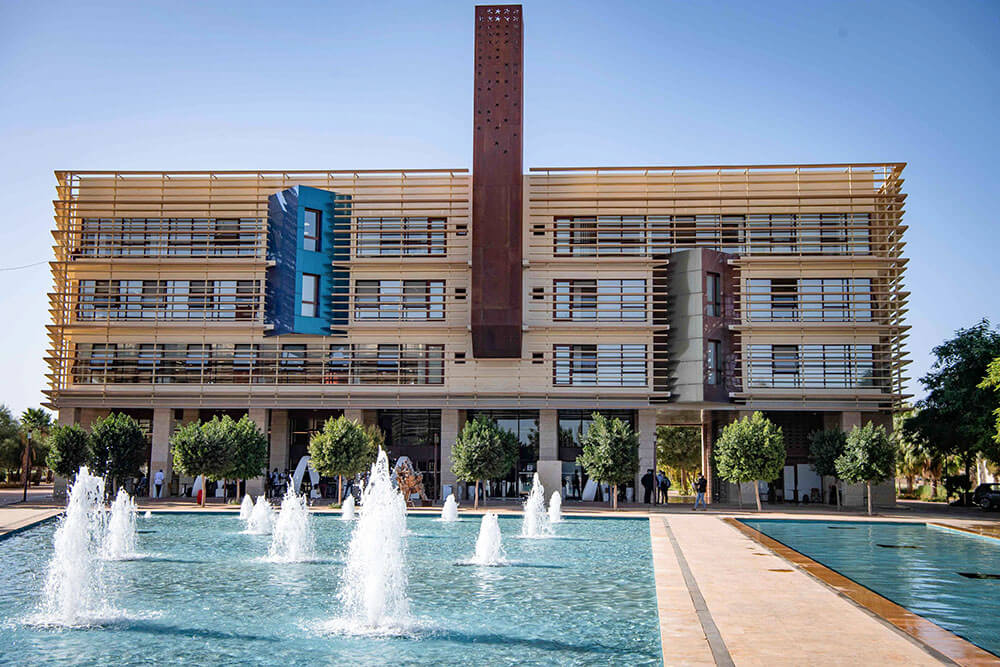
The country continues to invest in digital infrastructure and education in order to take advantage of the opportunities offered by artificial intelligence. However, as Morocco enters this new technological frontier, it is important to balance the benefits of AI with the potential risks, especially in terms of employment and data security.
The country's proactive approach to AI adoption not only highlights its leadership role in the African context, but also emphasises the importance of integrating AI into society in a thoughtful and effective manner.

